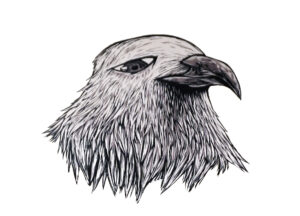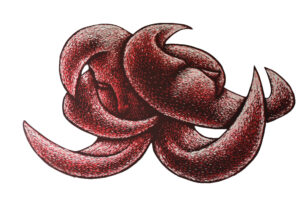We are the accumulation of our experiences.
If you were to forget every single thing that happened to you in life, you’d immediately cease to exist. At best, you’d become a new person, and would begin a new process of absorption of experiences; at worst, you’d be unable to function at full capacity as an adult in a world that expects you to understand yourself to some extent after your teenage years. Memories are crucial not just to form a personality, but to learn to negotiate with our own morality and ethics, and to use that negotiation in order to understand ourselves better, as well as our actions.
The things that you see and process in your life will inevitably result in the formation of opinions. This is where your individuality emerges. It is when you grab your opinions and moral compass and merge it with the flow of society, that is, the thousands of people in your vicinity who are engaged in the same process, that we can subtract a path forward. We measure our experiences, good and bad, and deliberate. This is why we talk and why we write and read books. We explore our own life as well as that of others, and we distill the path of least suffering in order to be able to grow.
These pieces can be seen as a celebration, reminder, and prayer to the idea of memory. Our identity is the things that happen to us in life, and the meditation of the experiences can yield different facets of our self. The dissected bodies are an imaginary snapshot of a being in a specific point in time. They stand open and naked, waiting to be scrutinized and learned from. They share intimacies that can only be deciphered by the curious eye that desires relatability in observation.


